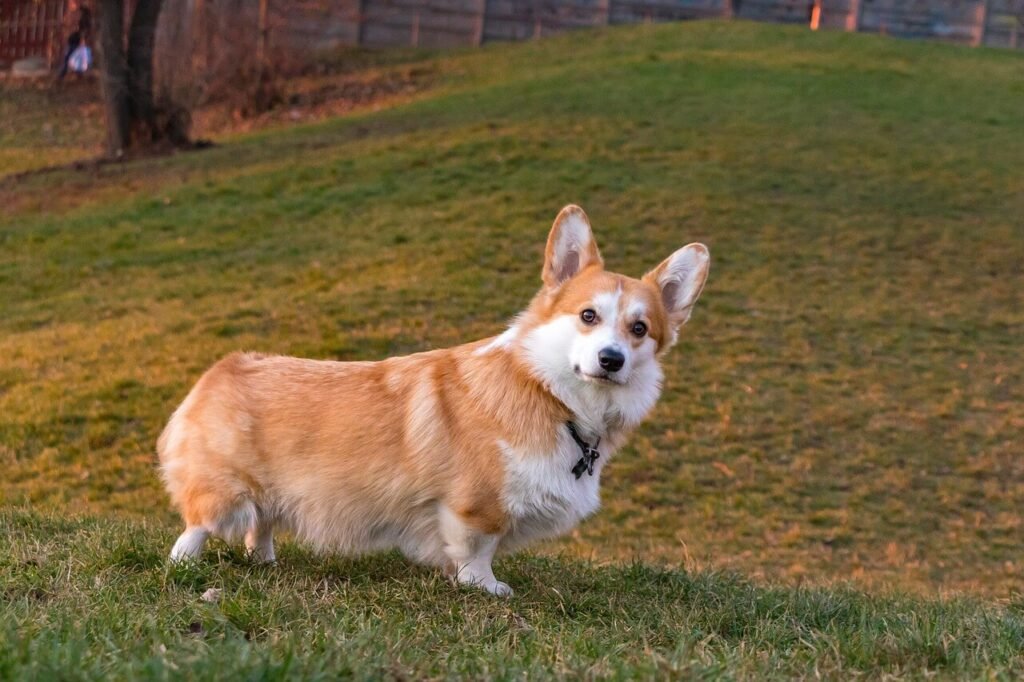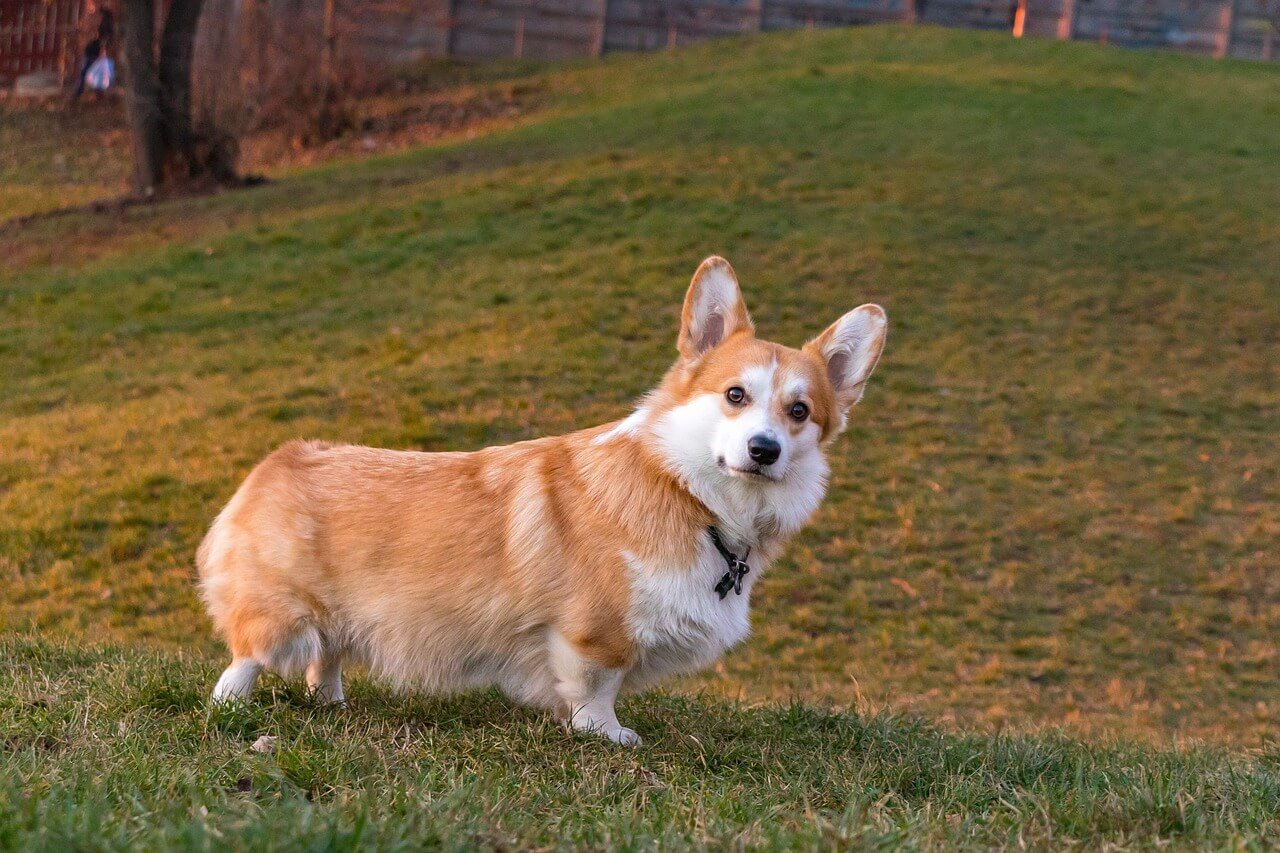Why Does My Dog Sleep with Eyes Open?
Have you ever noticed your dog sleeping with their eyes partially or fully open? While it might seem strange or even alarming at first, this behavior is more common than you think. Dogs have unique sleep patterns and instincts that differ from humans, and understanding why they exhibit this behavior can help reassure you as a pet owner. Whether it’s due to their evolutionary traits, health conditions, or simply their quirky personalities, we’ll explore everything you need to know about why dogs sleep with their eyes open—and what it means for their well-being.
Reasons Why Dogs Sleep with Their Eyes Open
Dogs sleeping with their eyes open is not just a random quirk—it often stems from biological, instinctual, or environmental factors. Here are some of the most common reasons behind this unusual behavior.
Protective Instincts from Ancestral Roots:
Wild ancestors of modern dogs needed to stay alert even while resting to protect themselves from predators. This instinct may still linger in domesticated dogs.REM Sleep Behavior:
During the rapid eye movement (REM) phase of sleep, dogs may twitch, move their paws, or appear to “look” around with their eyes partially open.Breed-Specific Traits:
Certain breeds, such as Bulldogs or Pugs, are more prone to sleeping with their eyes slightly open due to their facial structure and shallow eye sockets.Environmental Awareness:
Dogs who feel insecure or anxious in their surroundings may keep their eyes open to stay vigilant, even during rest.Medical Conditions Like Lagophthalmos:
In some cases, dogs may sleep with their eyes open due to lagophthalmos, a condition where they cannot fully close their eyelids.
Understanding these causes can help you determine whether your dog’s behavior is normal or if it requires veterinary attention.

Signs Your Dog Is Comfortable Despite Sleeping with Eyes Open
If your dog frequently sleeps with their eyes open, there are ways to assess whether they’re truly relaxed and comfortable. Look for these signs to ensure their behavior isn’t linked to stress or discomfort.
Relaxed Body Posture:
A dog lying on their side with loose muscles and slow, steady breathing is likely at ease, even if their eyes are open.Gentle Twitching or Snoring:
Occasional twitching or soft snoring indicates they’re in a deep sleep, which is normal despite their eyes being partially open.Consistent Sleep Patterns:
If your dog regularly sleeps this way without other changes in behavior, it’s likely part of their natural routine.No Signs of Pain or Discomfort:
Watch for symptoms like whimpering, excessive scratching, or reluctance to move, which could indicate an underlying issue.Responsive After Waking Up:
A happy, alert dog after waking up shows they were likely resting peacefully, even with their eyes open.
By observing these indicators, you can better gauge your dog’s comfort level and rule out potential concerns.
Check this guide 👉How Cold Can a Dog Sleep Outside? Best 7 Expert Tips!
Check this guide 👉How to Help My Dog Sleep at Night: Best 7 Expert Tips!
Check this guide 👉My Dog Sleeps All Day: Best 7 Expert Tips!
Normal Reasons for Eyes Open | Potential Health Concerns |
|---|---|
Protective instincts during rest | Lagophthalmos (inability to close lids) |
REM sleep behaviors | Dry eye syndrome or irritation |
Breed-specific facial structures | Neurological issues affecting sleep |
Environmental awareness | Anxiety or stress-related habits |
Habitual or quirky behavior | Infections causing discomfort |
How to Help Your Dog Sleep More Comfortably
If your dog’s habit of sleeping with their eyes open seems problematic or concerning, there are steps you can take to improve their comfort and relaxation.
Create a Safe Sleeping Space:
Ensure your dog has a cozy, quiet area free from disturbances where they feel secure enough to rest deeply.Provide Mental Stimulation:
Regular exercise and playtime can tire them out physically and mentally, promoting deeper, more restful sleep.Use Calming Techniques:
Incorporate calming aids like pheromone diffusers, soothing music, or gentle massage to reduce anxiety before bedtime.Monitor Their Eye Health:
Keep an eye on any redness, discharge, or swelling, and consult a vet if you suspect eye-related issues.Establish a Routine:
Consistent feeding, walking, and sleeping schedules can help regulate their body clock and encourage healthier sleep patterns.
These strategies can help your dog feel safer and more relaxed, potentially reducing instances of sleeping with their eyes open.
When to Consult a Veterinarian About Your Dog’s Sleep Habits
While occasional episodes of sleeping with eyes open are usually harmless, certain signs warrant a trip to the vet. Recognizing these red flags ensures your dog stays healthy and comfortable.
Frequent or Persistent Eye Opening:
If your dog consistently sleeps with their eyes wide open rather than partially closed, it could signal a problem.Visible Discomfort or Pain:
Whining, pawing at the eyes, or reluctance to settle down may indicate pain or irritation requiring medical attention.Changes in Behavior or Energy Levels:
Sudden shifts in activity levels, appetite, or overall demeanor alongside unusual sleep habits should be evaluated.Dry or Irritated Eyes:
Redness, cloudiness, or excessive tearing could point to infections or dry eye syndrome needing treatment.Neurological Symptoms:
Unusual movements, seizures, or disorientation during sleep might suggest neurological issues that require professional diagnosis.
Addressing these warning signs promptly ensures your dog receives the care they need to thrive.
Common Misconceptions About Dogs Sleeping with Eyes Open
Many myths surround the phenomenon of dogs sleeping with their eyes open. Dispelling these misconceptions helps clarify what’s normal and what warrants concern.
Myth: It’s Always a Sign of Illness:
While medical issues can cause this behavior, it’s often perfectly normal and unrelated to health problems.Myth: Dogs Don’t Dream During Deep Sleep:
Dogs do dream, and their eyes may flutter or remain slightly open during REM sleep.Myth: All Breeds Are Equally Likely to Do This:
Brachycephalic breeds are more predisposed due to their unique facial anatomy.Myth: It Indicates Poor Sleep Quality:
Many dogs still get adequate rest even if they sleep with their eyes open occasionally.Myth: You Should Always Wake Them Up:
Interrupting their sleep unnecessarily can disrupt their natural rest cycle.
Separating fact from fiction allows you to approach this behavior with confidence and clarity.
Tips for Observing Your Dog’s Sleep Patterns
Monitoring your dog’s sleep habits provides valuable insights into their overall health and well-being. Here are some tips for effective observation.
Keep a Sleep Journal:
Note how long your dog sleeps, their positions, and any unusual behaviors like eye-opening or twitching.Watch for Consistency:
Look for patterns over time rather than focusing on isolated incidents to identify trends.Observe Behavioral Cues:
Pay attention to how they act before and after sleeping to detect signs of stress or discomfort.Document Environmental Factors:
Track whether changes in noise, lighting, or household activity affect their sleep.Seek Professional Guidance if Needed:
Share your observations with your vet to gain expert insights into your dog’s sleep habits.
Thoughtful observation empowers you to support your dog’s sleep needs effectively.
The Role of Diet and Exercise in Promoting Healthy Sleep
A balanced diet and regular exercise play crucial roles in ensuring your dog enjoys restful, uninterrupted sleep. These lifestyle factors contribute significantly to their overall health and sleep quality.
Feed High-Quality Food:
Nutrient-rich diets support brain function and energy regulation, leading to better sleep patterns.Avoid Heavy Meals Before Bed:
Feeding large portions late at night can disrupt digestion and interfere with rest.Incorporate Daily Exercise:
Physical activity tires your dog out mentally and physically, helping them fall into deeper sleep cycles.Limit Evening Stimulants:
Avoid overly exciting games or activities close to bedtime to help them wind down naturally.Maintain Hydration:
Proper hydration supports bodily functions, including those involved in regulating sleep.
By prioritizing these elements, you can create a foundation for healthier, more restful sleep for your beloved companion.
Frequently Asked Questions
Is it normal for my dog to sleep with its eyes open?
Yes, it’s completely normal and often linked to their instincts or REM sleep cycle.
Should I wake my dog up if their eyes are open while sleeping?
No, avoid waking them unless necessary. Interrupting their sleep can disrupt their rest.
Do puppies sleep with their eyes open too?
Yes, puppies may exhibit this behavior as they develop their sleep habits.
Can sleeping with eyes open harm my dog?
Generally, no. However, if it’s accompanied by other symptoms, consult a vet.
How can I help my dog sleep better?
Create a comfortable sleeping environment, maintain a consistent routine, and ensure they get enough exercise during the day.
Understanding and Supporting Your Dog’s Unique Sleep Patterns
Dogs sleeping with their eyes open might initially seem odd, but it’s often rooted in their biology, instincts, or individual quirks. By paying attention to their overall behavior and consulting a vet when needed, you can ensure your furry friend is healthy and content. Creating a safe, supportive environment and addressing any underlying issues will help your dog enjoy peaceful, restorative sleep. Remember, every dog is unique—embracing their idiosyncrasies is part of the joy of sharing your life with them!
Do Cats Have Taste Buds? Best 7 Expert Tips! – Discover how cats experience flavors and why their taste is so unique.
Do Dogs Have Taste Buds? Best 7 Expert Tips! – Discover how dogs experience taste, their preferences, and what it means for their diet and health.
Can Cats Taste Sweet? Best 7 Expert Tips! – Discover why cats can’t taste sweetness, how it affects their diet, and tips to keep them healthy and happy.
Can Dogs Taste Sweet? Best 7 Expert Tips! – Discover how dogs perceive sweetness, which foods are safe, and tips to manage their sweet cravings responsibly.





